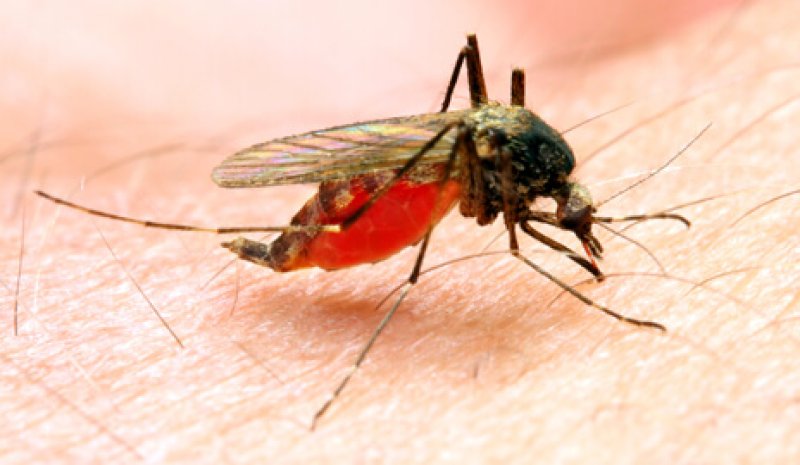The single-cell parasite [malaria] has been estimated to have caused the death of almost half of the world’s population since the Stone Age. In recent years the threat of rising drug resistance has caused many malaria researchers to re-evaluate current strategies to combat his deadly disease.
Findings from a new study — entitled “Functional Profiling of a Plasmodium Genome Reveals an Abundance of Essential Genes” —showed that two-thirds of [malaria] genes the researchers analyzed were essential for survival—the largest proportion of essential genes found in any organism studied to date.
…
“We knew from previous work that on its surface the malaria parasite has many dispensable parts,” remarked co-senior study investigator Julian Rayner, Ph.D., senior group leader and director of Wellcome Genome Campus Connecting Science. “Our study found that below the surface the parasite is more of a Formula 1 race car than a clunky people carrier. The parasite is fine-tuned and retains the absolute essential genes needed for growth. This is both good and bad: The bad news is it can easily get rid of the genes behind the targets we are trying to design vaccines for, but the flip side is there are many more essential gene targets for new drugs than we previously thought.”
The GLP aggregated and excerpted this blog/article to reflect the diversity of news, opinion, and analysis. Read full, original post: Malaria Genome Analysis Reveals an Abundance of Potential New Drug Targets































